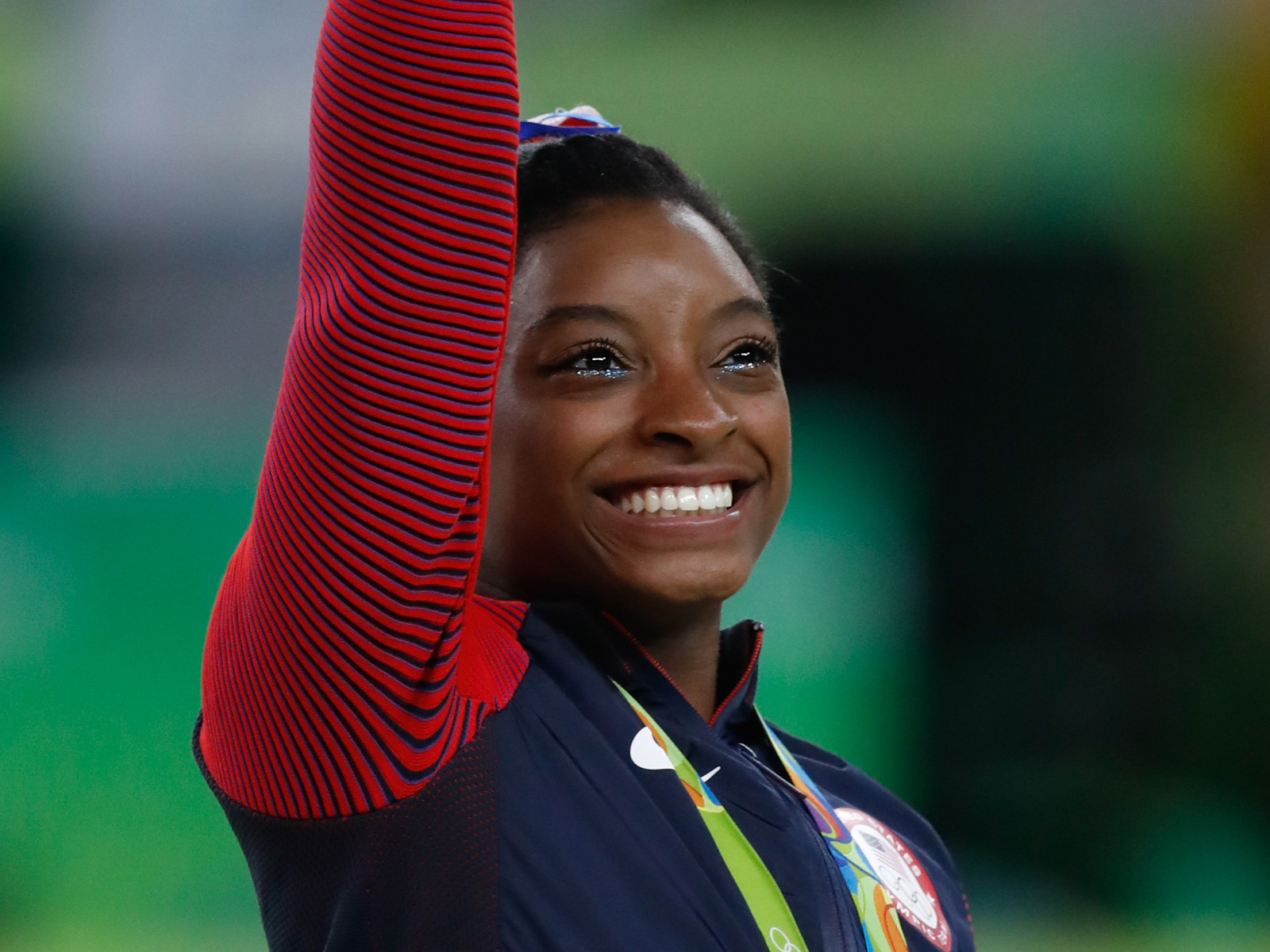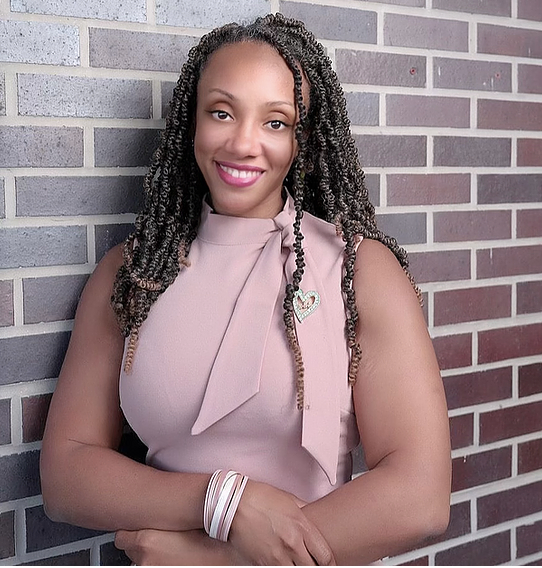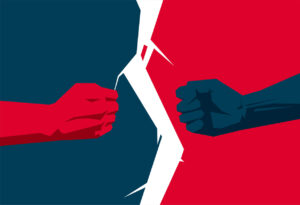Simone Biles faced backlash, but mental health experts and teammates alike offered support
Both Biles and Naomi Osaka, elite athletes of color, withdrew from competition at momentous junctures.

When Simone Biles abruptly removed herself from the team competition in the Tokyo Olympics last week, she stunned the world. But like Naomi Osaka just a few weeks before, she generated significant discussion about mental health and the pressure that high-profile athletes and other celebrities feel.
There were more than 9,000 stories on Biles and mental health over the last week, Axios reported, nearly twice the coverage that Osaka generated two months earlier when she withdrew from the French Open, also for mental health reasons. Both athletes cited the burden that accompanies expectations as stars from whom much is demanded.
Biles said she had gotten a case of the “twisties,” the Washington Post reported, meaning she lost control of where she was while in the air. “I could have hurt myself,” Biles said.
Added Sean Melton, a former elite gymnast who’s also experienced that terrifying phenomenon, “Simply, your life is in danger when you’re doing gymnastics. And then when you add this unknown of not being able to control your body while doing these extremely dangerous skills, it adds an extreme level of stress. You have no idea what is going to happen.”
Biles got a lot of support. “We wholeheartedly support Simone’s decision and applaud her bravery in prioritizing her well-being,” USA Gymnastics said in a Twitter statement.
Kyle Andrew, chief brand officer at Athleta, one of Biles’ sponsors, was similarly supportive. “Being the best also means knowing how to take care of yourself,” Andrew told CNN Business. “We are inspired by her leadership today and are behind her every step of the way.”
But both Biles, and before her, Osaka—both women of color—faced considerable public blowback. Republican activist Charlie Kirk lashed out at Biles as a “selfish sociopath” and a “shame to the country.”
A Texas deputy attorney general, Aaron Reitz, apologized after he called Biles a “a selfish, childish national embarrassment.”
But mental health professionals praised the decision. “Everyone needs to prioritise their mental health, even the best athletes in the world,” wrote the British mental-health advocacy group Rethink Mental Illness. “Simone Biles’s decision to withdraw from an Olympics final will not have been taken lightly, and it’s great to see the support she received from her teammates.”
Here in the U.S., Charmain Jackman, a psychologist who specializes in disrupting racial disparities in mental health, said that for women of color, one of the hardest actions to take is protecting their own mental health. “Many of us are raised to be nurturers, to serve others, and to put other people’s needs ahead of our own,” Jackman says. “As a result, we lose sight of our wants, desires, and most of all our identity and sense of self.”

Boundaries become permeable, Jackman continues. And then frequently, when women of color are burned out or no longer useful, they’re discarded and disregarded.
“Simone, thank you for putting you first!” Jackman added. “You showed enormous bravery in prioritizing your emotional health, knowing that there would be backlash. You were able to locate your worth, and you chose you! You are modeling for other women, especially women of color.”

La Keita D. Carter, a psychologist and owner of the Institute for HEALing, LLC in Owings Mills, Maryland, says Biles should be celebrated. “Everyone who is weighing in on this issue is watching from the stands and doesn’t have to put their bodies at risk,” Carter says. “As with most sports, the mind and body have to be in sync in order to be successful and avoid injury. She knows her mind and body better than anyone. Bravo to her for tuning out the noise and listening to her inner voice.”
This summer, Carter notes, we saw two brave athletes (Osaka and Biles) choose health over fame, money, and work in the face of pressure, judgement, and even ridicule. “These women owe us nothing,” Carter says. “They have represented themselves and our country with grace and professionalism.”
Part of our collection of Top Reads of 2021.
COMMENT
Ragan.com Daily Headlines
RECOMMENDED READING
3 ways to navigate the bias you encounter as a female communicator
How I got here: Joel Johnson on the key to excellence in storytelling
Tags: mental health, naomi osaka, Simone biles






